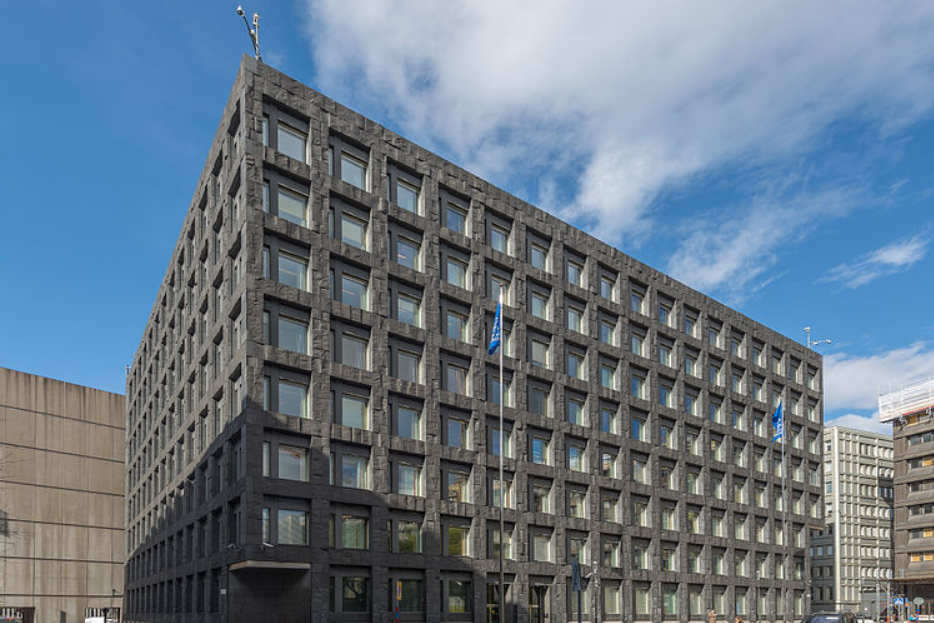Swedish c.bankers agree balance sheet, not rate, main tool to help virus-hit economy

- Country:
- Sweden
Swedish rate-setters were united on seeing balance sheet measures as currently the best way of conducting policy amid the outbreak of the novel coronavirus, the minutes of the central bank's latest meeting, published on Monday, showed.
At the April 27-28 meeting, the Riksbank kept its package of measures aimed at easing the impact of the novel coronavirus on the economy broadly unchanged and left the benchmark interest rate at zero percent. It argued the fall in demand and inflation was due to the measures put in place to fight the virus outbreak and that a rate cut would not help when people are mostly staying home.
"Right now, there are indeed factors that suggest that a policy rate cut would not be an effective way of conducting monetary policy," Deputy Governor Martin Floden said. While Sweden has kept schools and shops open during the coronavirus outbreak, many businesses have been shuttered and workers laid off with the economy facing a deep downturn.
The government reckons gross domestic could shrink around 7% this year. The Riksbank said the dip could be as deep as 10%, which would equal the worst year since 1940 and the start of World War Two. To dampen the effects on the economy, the Riksbank has flooded the market with liquidity, lending dollars and crowns to banks and buying a range of assets.
But it has stood out among major central banks by holding the benchmark rate unchanged throughout the crisis. The Riksbank has long fretted about potential problems in staying below zero for too long. Deputy Governor Anna Breman said recently that a cut could have negative side effects, such as households having to pay to deposit money at banks.
That did not happen during the roughly five-year period in negative territory which ended in December and during which the repo rate dipped as low as -0.50%. Rate-setters did not rule out a cut, however, arguing it could come when restrictions to limit the spread of the coronavirus are lifted.
Deputy Governor Cecilia Skingsley said that trying to increase demand by cutting the repo rate was not justified in the current situation. "It may, however, become relevant at a later stage, when we reach a recovery phase that needs support," she said.
(This story has not been edited by Devdiscourse staff and is auto-generated from a syndicated feed.)
- READ MORE ON:
- Sweden










